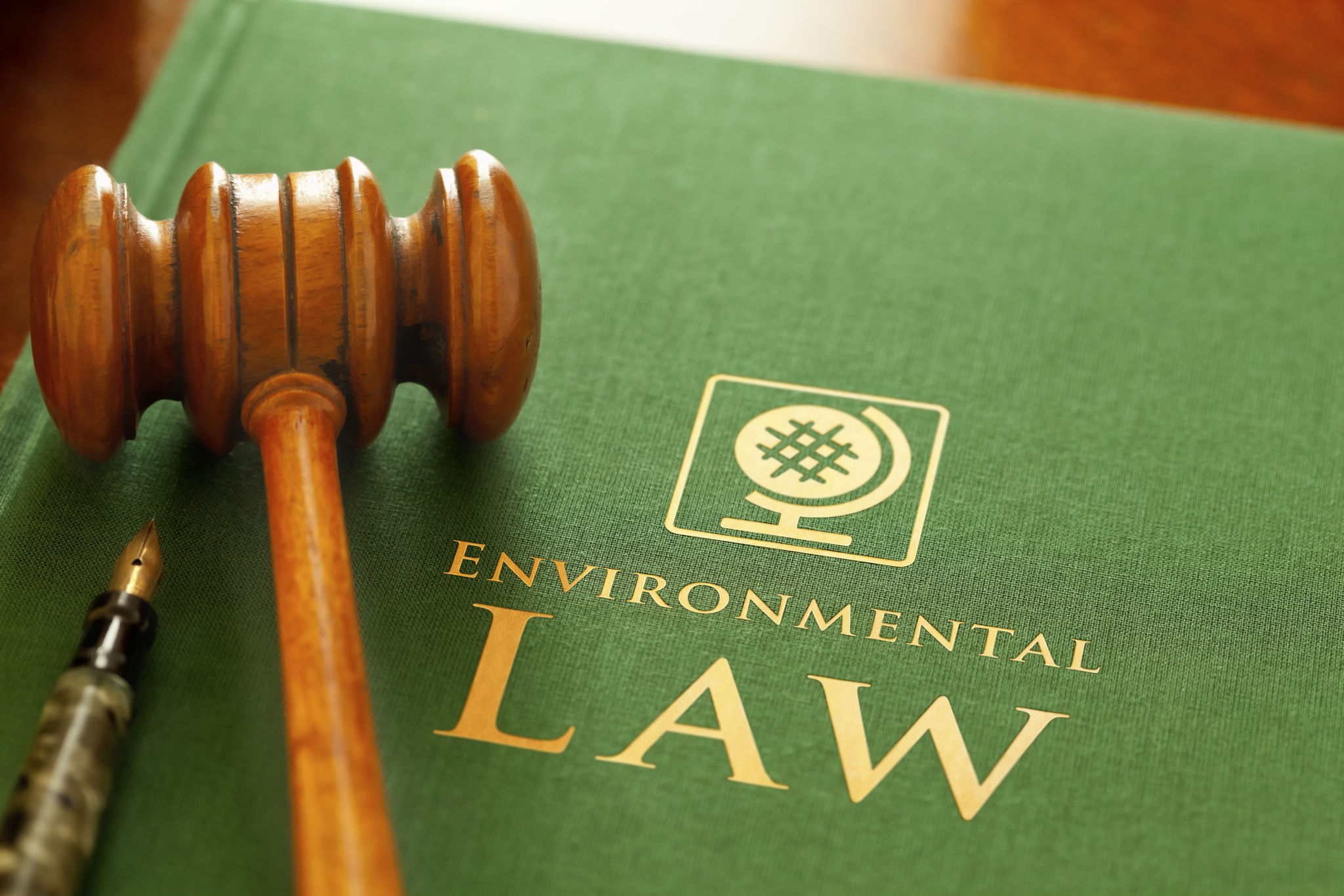Navigating Industrial Real Estate Regulations in Lakeland
Understanding Local Zoning Laws
Navigating the industrial real estate landscape in Lakeland requires a firm grasp of local zoning laws. These laws dictate how properties can be used and are crucial for ensuring your industrial operation aligns with legal requirements. Lakeland's zoning regulations are designed to foster sustainable development while balancing the needs of businesses and residents.
Before acquiring a property, it's essential to verify its zoning classification. This classification will determine the types of businesses that can operate on the premises. Consulting with a local real estate expert or an attorney can provide clarity and ensure compliance with all relevant guidelines.

Permitting and Approval Processes
Once you've identified a suitable property, the next step involves obtaining the necessary permits and approvals. The permitting process in Lakeland can be complex, involving multiple governmental departments. It's crucial to understand which permits are required for your specific project, whether you're building a new facility or modifying an existing one.
Common permits include building permits, environmental permits, and occupancy permits. Each permit has its own set of requirements and timelines. Engaging with city officials early in the process can help streamline approvals and avoid costly delays.

Environmental Regulations
Industrial operations often have an impact on the environment, making compliance with environmental regulations critical. In Lakeland, businesses must adhere to both federal and state environmental standards, which may include waste management, emissions controls, and water usage monitoring.
Conducting an environmental assessment prior to finalizing your property acquisition can highlight potential issues and inform necessary compliance measures. This proactive approach not only ensures regulatory adherence but also demonstrates a commitment to sustainability.

Working with Local Authorities
Building positive relationships with local authorities is beneficial when navigating industrial real estate regulations. City planners, zoning officers, and environmental regulators can offer valuable insights and support throughout your project.
Regular communication with these officials can help anticipate potential regulatory changes and provide guidance on best practices for compliance. Establishing these connections early can also facilitate smoother negotiations if any challenges arise during your project.
Staying Informed on Regulatory Changes
The regulatory environment is subject to change, making it crucial for industrial real estate stakeholders in Lakeland to stay informed about updates. Changes in regulations can impact everything from property values to operational costs.
Subscribing to local government newsletters, attending industry seminars, and joining professional organizations are effective ways to remain updated on regulatory developments. By staying informed, you can quickly adapt to changes and ensure ongoing compliance with all laws and regulations.

The Importance of Legal Counsel
Given the complexities involved in industrial real estate regulations, engaging legal counsel is often a wise investment. An attorney specializing in real estate law can provide invaluable guidance on navigating legal requirements and mitigating risks.
Legal experts can assist with contract negotiations, due diligence, and resolving any disputes that arise during your project. Their expertise ensures that you are making informed decisions that align with both your business goals and regulatory obligations.

